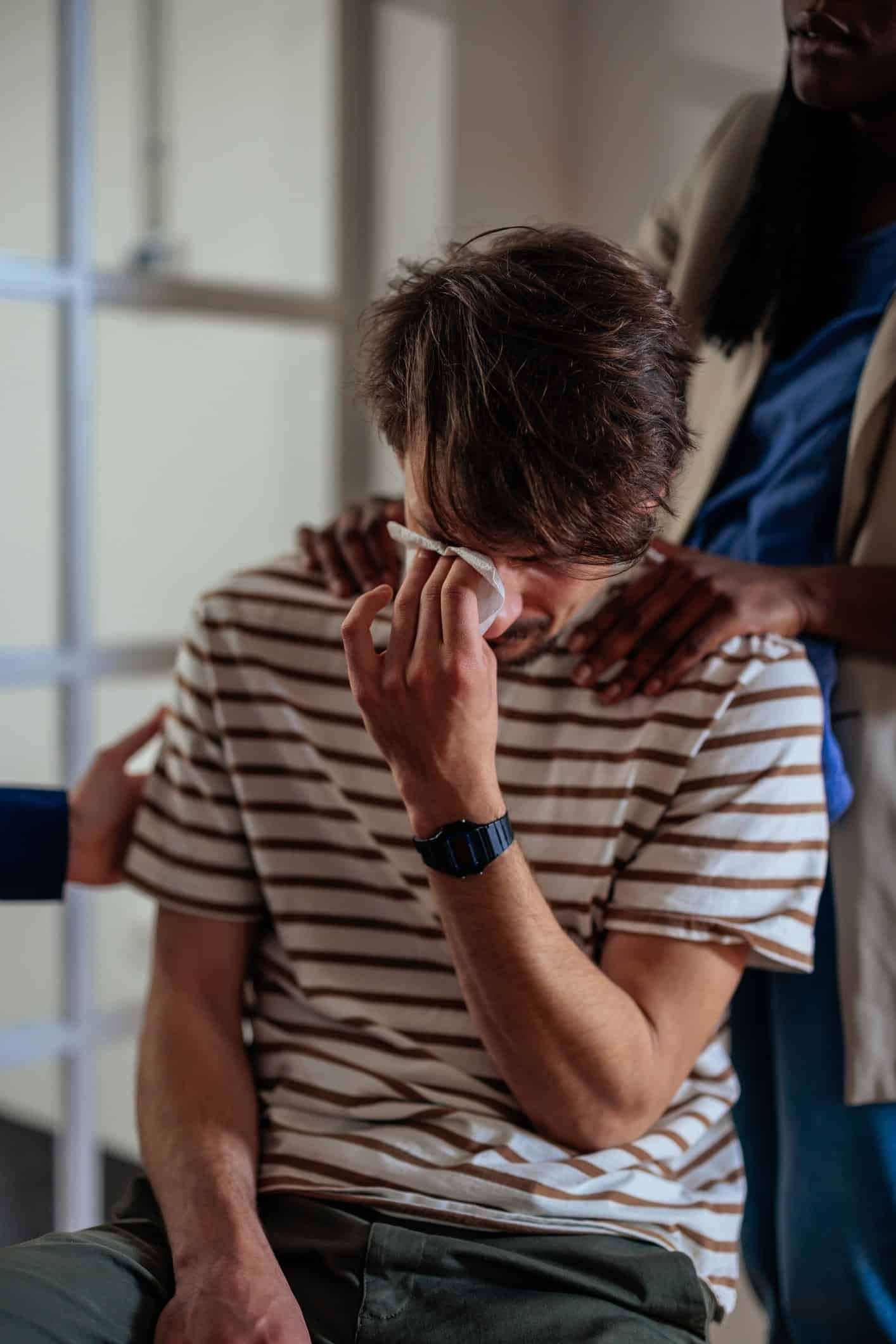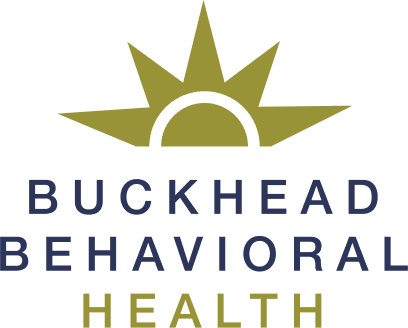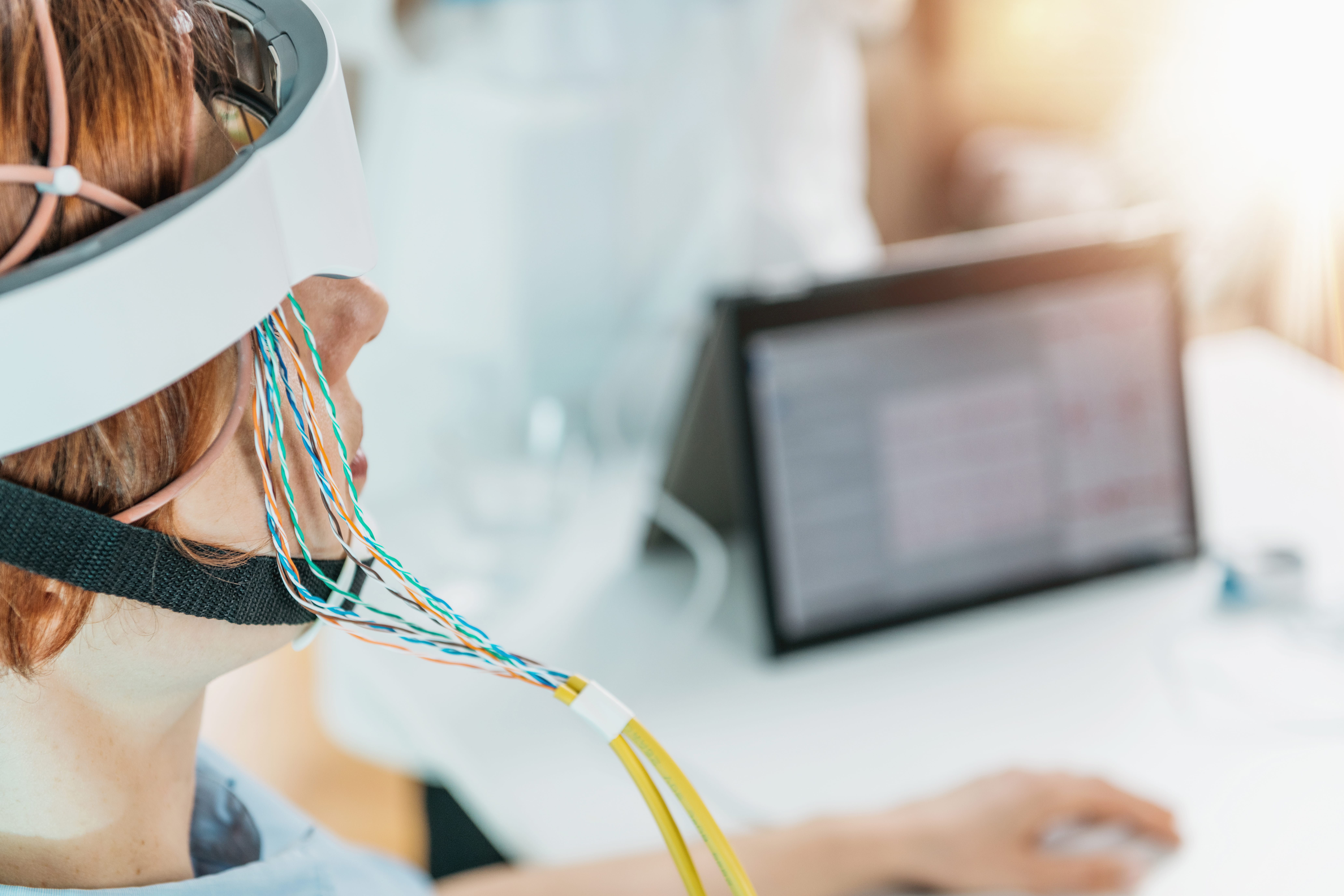When someone becomes lost in opioid addiction, it can feel like there is no way out. Even when they think about reaching out for help, the idea of going through withdrawal in the critical first days of recovery can scare them. Buckhead Behavioral Health understands the challenges that come with quitting opioid usage and has a plan in place to help people get through detox and the next stages of treatment without suffering needlessly with opioid rehab in Atlanta. We explore the effects of opioid abuse, the opioid withdrawal timeline, and how to overcome addiction permanently.
If you or a loved one is struggling with Opioid addiction, call us now at (470) 460-6789 or fill out the form below and one of our admissions representatives will reach out to you.
What is Opioid Detox?
When someone has developed an addiction to drugs, the first step in treatment is going to detox. This process allows the body to rid itself of the toxins built up during the addiction. Detox can last from five to seven days on average, but may take longer if a person’s withdrawal symptoms are quite severe. During the initial opioid withdrawal timeline in detox, the individual will receive medical and psychological support from the staff of their treatment program. After completing detox, the person moves to the next stage of treatment, which is either a residential or an outpatient program.
About Opioid Addiction
Opioid addiction can happen to anyone, regardless of age, gender, location, race, or economic standing. In fact, three million people in the U.S. have an opioid addiction or struggled with one in the past. Half a million of them abuse heroin. Opioid use disorder began to climb in part due to the overprescribing of opioid drugs starting back in the 1990s. The risk of addiction was downplayed, which made it easy for prescription numbers to climb and an epidemic of addiction to take hold.
Opioid drugs that often cause an addiction include:
The Effects of Opioids on the Brain And Body
When someone takes an opioid drug, whether it’s a prescription type or an illegally manufactured one, it has an effect on them physically. Someone in pain will experience a reduction in their pain levels. It also causes them to feel relaxed, and sleepy, and sometimes have a sense of feeling euphoric. Opioid drugs bind to receptors in the human brain and increase the amount of dopamine that is otherwise naturally produced. As an addiction develops, the person begins to rely on the drug to cause feelings of happiness and pleasure because the brain’s ability to do so has been interrupted. This effect causes people to want to use opioids continuously, which creates a cycle of addiction. By the time the addiction has taken hold, the person will experience difficult and sometimes painful withdrawal symptoms if they do not keep consuming opioid drugs.
Check Out Our Facility in Atlanta, GA
Opioid Withdrawal Symptoms
When someone stops abusing opioids, they will experience withdrawal symptoms. How long they last and how severe they are depends on the individual and their history of addiction. The most common symptoms experienced during the opioid withdrawal timeline include:
- Nausea
- Vomiting
- Headache
- Diarrhea
- Elevated heart rate
- High blood pressure
- Chills
- Difficulty sleeping
- Muscular pain
- Sweating
- Shaking
- Fever
- Drug cravings
- Anxiety
- Depression
- Moodiness
What Causes Opioid Withdrawal?
Prescription opioid usage is typically meant to be short-term. This is because the longer a person takes an opioid drug, the more likely they are to develop a reliance on it. This is partly because many people develop a tolerance to the amount they usually take, which makes them increase their dosage. When this happens, a physical and psychological reliance on opioids takes hold. Whether a person becomes addicted to prescription or illegal street opioid drugs, they will require a professional program that treats people with substance use disorders.
Can Opioid Withdrawal Cause Death?
Symptoms that happen during the opioid withdrawal timeline are not typically lethal, however, complications can occur. Some medical symptoms, if left untreated, can cause damage. This includes symptoms like high blood pressure and elevated heart rate. In addition, someone who stops taking opioids for even a short period of time may develop less tolerance for them. If the person then uses opioids again at their usual dosage level or higher, there is a risk of an overdose, which can be deadly.
Opioid Withdrawal Timeline
A few factors influence the specifics of a person’s opioid withdrawal timeline, including the length and severity of their addiction. A typical timeline is as follows:
Day 1: Symptoms begin within several hours of the last dosage. They often include shaking, diarrhea, muscular pain, anxiety, and cravings to use opioids.
Day 2-3: The previous symptoms intensify and others begin, including nausea, vomiting, exhaustion, anxiety, and moodiness.
Day 4-7: The symptoms peak around the fourth day and then begin to diminish. Most withdrawal symptoms end after a week, although drug cravings, anxiety, and depression may linger longer.

Can I Detox from Opioids on My Own?
It is never a good idea to try to detox from opioids on a person’s own. First, they put themselves in harm’s way because they may not recognize the dangerous physical withdrawal symptoms that occur. Being a professional detox program means the individual has constant care from medical professionals who monitor them for any need for medications. Second, because of how challenging and distressing the withdrawal process is when done alone, most people fail to complete it. This can create a cycle of trying to stop on their own but never being able to do so. Attending a treatment program that specializes in detox greatly increases a person’s chances of completing the detox process and staying sober for good.

Medications Used for Opioid Withdrawal
Three main kinds of medications can be offered to help ease a person’s withdrawal symptoms as they begin to adjust to no longer abusing opioids. These drugs include:
Sublocade: Taking this helps reduce the cravings a person has to use opioids.
Methadone: This medication also helps reduce cravings for opioids and also reduces other withdrawal symptoms.
Naltrexone: If someone taking this drug uses opioids, it blocks the typical euphoric effects they expect, which takes away the motivation to start abusing opioids again.
A discussion with the treatment team will help determine which medication may be right for a person based on their specific needs.
Quick Nav
- What is Opioid Detox?
- About Opioid Addiction
- The Effects of Opioids on the Brain And Body
- Tour Our Opioid Rehab in Atlanta, Georgia
- Opioid Withdrawal Symptoms
- What Causes Opioid Withdrawal?
- Can Opioid Withdrawal Cause Death?
- Opioid Withdrawal Timeline
- Can I Detox from Opioids on My Own?
- Medications Used for Opioid Withdrawal
- Find Opioid Rehab in Atlanta Today
- Want to Learn more about Buckhead Behavioral Health?
Take Back Control:
Contact Us Now
Addiction and mental health disorder effects the lives of millions of Americans each year. Contact Buckhead Behavioral Health today to get the help you deserve.
Facility Photo Gallery
Find Opioid Rehab in Atlanta Today
Are you ready to find an effective treatment to help you overcome your addiction to drugs but worry about the opioid withdrawal timeline? Buckhead Behavioral Health offers access to a detox in Atlanta and several levels of our outpatient rehab that teach people how to overcome their substance use disorders.
Our combination of addiction-related therapies and prescription medications helps minimize withdrawal symptoms and sets you up for successfully staying sober. When we partner with you, you learn how to fight the urge to relapse and can get on with your life.
Visit our admissions page to learn more about how our program works. Our friendly admissions staff can answer any questions you have.
CONTACT US
We Are Always Here For You
We want you to live the sober, healthy life that you deserve. That’s why we want you to get the help you need
Fill out the form below. And we’ll get back to you as soon as we can.
























